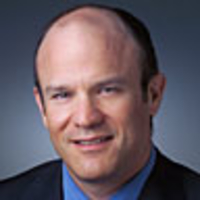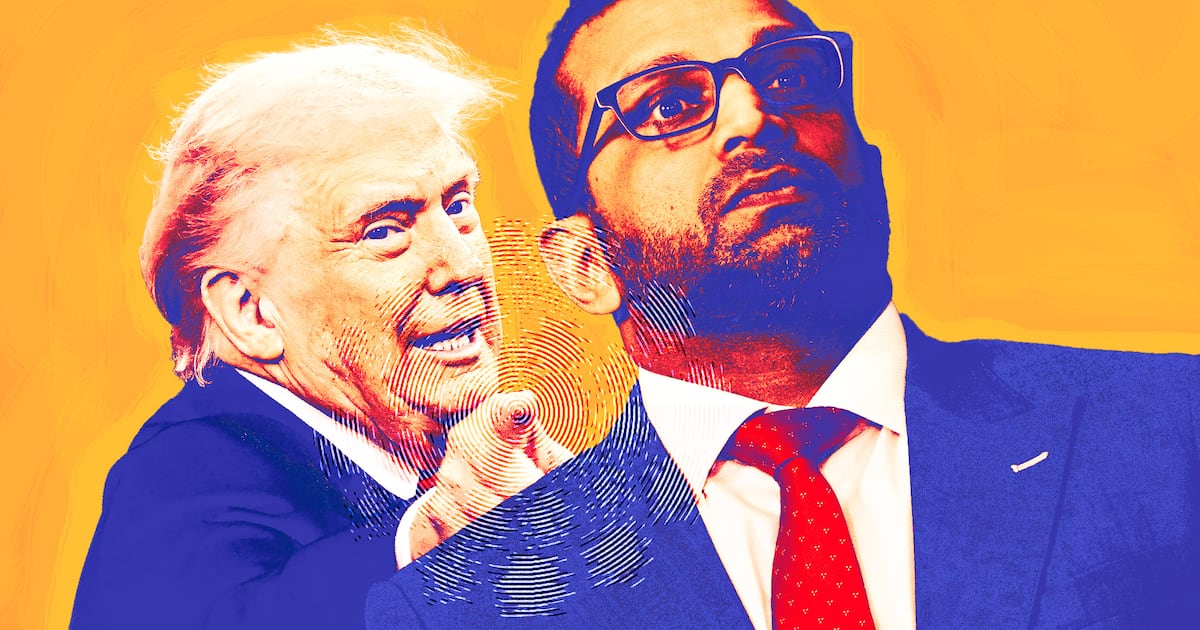
I stopped putting new money in the stock market about a year and a half ago. I based my decision on frozen yogurt. In late 2006, three kids idled behind the yogurt counter in a shopping mall outside of Washington, D.C., not one of them moving an inch to serve me until I demanded attention. Shooting me dagger eyes, one Amber/Brittany/Ashlee eventually got me a cup of low-fat chocolate.
From the yogurt place, I went to a footwear store to buy new running shoes. The adolescents working there were as irritated by the prospect of assisting me as the yogurt Valkyries had been.
A mobster told me during the dotcom bubble, “I don’t get what they’re stealing anymore.”
Worse than my personal frustration were the broader implications of my misadventure: A generation had gone to work that day expecting to do nothing. These “workers” nevertheless expected to be compensated for doing nothing much like America’s Patron Saint of Sloth, Seinfeld’s George Costanza, whose avoidance of work was positively industrious.
Around this time, I read about a Wall Street figure who had earned several billion dollars by shorting subprime mortgage securities. Clever? Sure, but how can our economy be sustained, let alone grow, by placing big bets on its destruction, I wondered?
I don’t believe that everyone who is suffering in this economy brought this mess on themselves anymore than I blame myself for my own emaciated 401(k). I do believe, however, that much of our misery is tied to the ethereal nature of what American commerce has become, namely enterprises that don’t make sense, can’t withstand scrutiny, don’t follow through, and are propped up by the insidious device of making anyone who doesn’t “get” the financial instruments at work feel like a cretin.
If frozen yogurt was the omen I used to call the recession, I’m operating on a new “model” now, anchored in the belief that cultural displays of “old economy” criminality will precede the recovery. I see a few promising signs. One is the 2008 film, The Bank Job, where guns and jackhammers are used to pull off an old-fashioned break-in to a London bank—not one of these bloodless heists featuring hyperkinetic slackers wearing headsets, clacking away on a laptop as the screen blinks “Transferring” until the “money” pings in an overseas account. Suspense, it ain’t: Give me cash, diamonds or blackmail pics in a duffle bag any day.
The second horseman of the recovery is Illinois Governor Rod Blagojevich, whose craven pitch for President-elect Obama’s Senate seat is manifestly easy for the consumer public to understand. Whether he’s legally guilty or not, Blago’s knuckle-dragging is refreshing corruption crooks everywhere can believe in.
A mobster in the Witness Protection Program I interviewed while I was working on a crime novel told me during the height of the dotcom bubble that he could never return to his old life as a thief because, he said, “I don’t get what they’re stealing anymore.”
We agreed that the contract attendant to his brand of thievery was perversely transparent, each party knowing what was expected of the other: If you surrender your truckload of TVs, we will fulfill our obligation not to kill you. This led to efficient marketplace transactions—and minimal bloodshed—because everybody knew where they stood.
Before Americans can climb out of our financial quagmire, this crime writer believes that our thieves will need to experience a surge of confidence that there will be something to steal.
In the meantime, I’ll wait for my frozen yogurt and the bull market.
Forget Consumer Confidence: America’s Thieves Need to Believe in Our Recovery.
Eric Dezenhall co-founded the high-stakes communications firm Dezenhall Resources, Ltd., and serves as its CEO. Eric's first book, Nail 'em!: Confronting High-Profile Attacks on Celebrities and Business, pioneered techniques for understanding and defusing crises.






